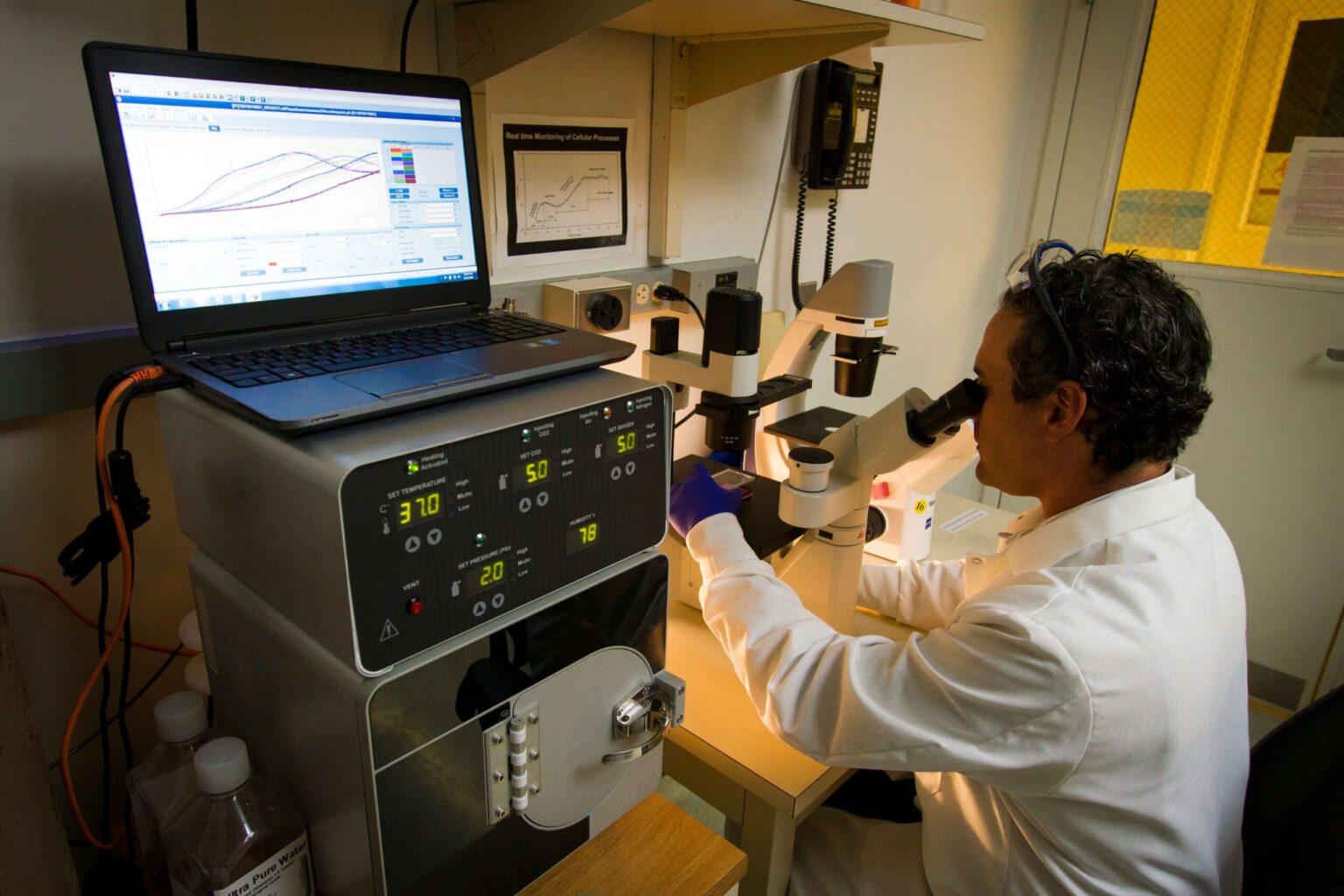The earlier diseases are detected, the better the prognosis, generally speaking. If doctors are able to identify that a patient is sick or even that they have a high likelihood of developing a condition or illness (due to genetic factors, for instance), the sooner they’ll be able to act.
In some cases, that could be in the form of early treatment, preventing a condition from progressing too far. Or, it may be about preventing the illness from developing at all.
Of course, early detection can’t and won’t always result in the saving of lives. In the case of chronic diseases, for example, knowing about its existence can’ decrease the likelihood of the patient surcoming to the ailment. However, it may allow them to have more time with loved ones and be comfortable in their final days.
Whatever the case may be, early detection is always the best-case scenario. And these days, modern technology and advanced medicine create the potential for far more opportunities to identify medical conditions than ever before.
One of the most useful innovative technologies in this regard is artificial intelligence.
Laboratory Testing
Even when medical research was relatively unsophisticated, laboratory testing still contributed to the majority of medical testing – and it still does.
Innovations in testing techniques and medical knowledge allow doctors and researchers to be able to learn and detect far more than ever before in terms of diseases. However, doctors still need to know which tests to do, how to process them and more.
And sometimes, not only is it a matter of having the knowledge and experience to test for the right things, but it can also come down to putting various things together. In many cases, it’s incredibly difficult to think of all the right things and potential combinations that ought to be considered. But, on top of that, it can also be really time-consuming.
It’s not that doctors and other medical professionals don’t want to take the time to sift through every single possibility, but more often than not, they barely have enough time to do their jobs as it is.
That’s where the use of artificial intelligence comes in. AI programmes can be used to assist doctors, lab technicians and diagnosticians in facilitating processes, making them quicker, more efficient and more effective.
AI in Disease Detection
Across industries, one of the best uses of AI is in handling and organising big data, and the same goes for medicine and disease detection especially.
So, what exactly does that mean for handling lab results for the purposes of disease diagnoses?
When medical practitioners order lab tests for their patients, the results are then recorded and inputted into a computer system. From there, it’s normally the doctor’s job to have a look at the various results and work out an appropriate diagnosis and eventually, a treatment.
Of course, it still is – AI isn’t changing that completely.
However, what modern AI programmes have the ability to do is organise all the data in a useful way and also make predictions based on the results in question.
AI Organising Lab Results
AI-powered programmes have the ability to take the results they’re provided with and organise them in a way that’s useful and easy to understand. For instance, in the most basic sense, if a doctor orders a variety of different labs for one patient, the programme would be able to organise and order the results based on specific categories, degrees of urgency and more.
Disease Detection Using AI
Far more impressive, however, is that AI programmes have the potential to do way more than just organise existing data. These programmes are trained with data sets that are made up of far more information, including medical data regarding diseases.
Essentially, this means that these programmes “know”, so to speak, what to look out for when it comes to the early detection of specific diseases and conditions.
So, if a doctor were to order a whole lot of lab tests for a specific patient and have them associated with the patient’s medical records (including pre-existing conditions, last illnesses and more), AI would, in theory, be able to produce results for ailments that the patient may be vulnerable to.
These results would be made available to the doctor in question and they’d be able to assess them in more detail from there. Of course, the doctor is able to apply not only straightforward medical facts and knowledge to the situation but also rational human thinking that’ll lead them to properly assess the real risk the patient is facing.
The Future of AI in Early Disease Detection
AI provides a great deal of possibilities for the future of medical technology and disease detection – it has the potential to save lives.
As the technology exists today, it can be used as a valuable tool by doctors and other medical practitioners, saving them time and providing them with detailed analysis of large data sets and knowledge bases.
Of course, it’s only natural that there’s a fear of AI overpowering the industry and taking over from doctors completely, and the truth is, there’s no way anyone can really know how the technology will progress and how much power it will end up having.
However, as it stands, it serves as an incredibly useful tool that works best in conjunction with humans. One thing that doctors still have over things like AI is their humanity and ability to evaluate stations and data in terms of more than just pure empirical evidence. Doctors can think beyond mere facts and figures, taking into account other aspects of patients’ history and more.
For now, AI is an incredibly handy tool in disease detection and medical practitioners would be well advised to make use of it.



